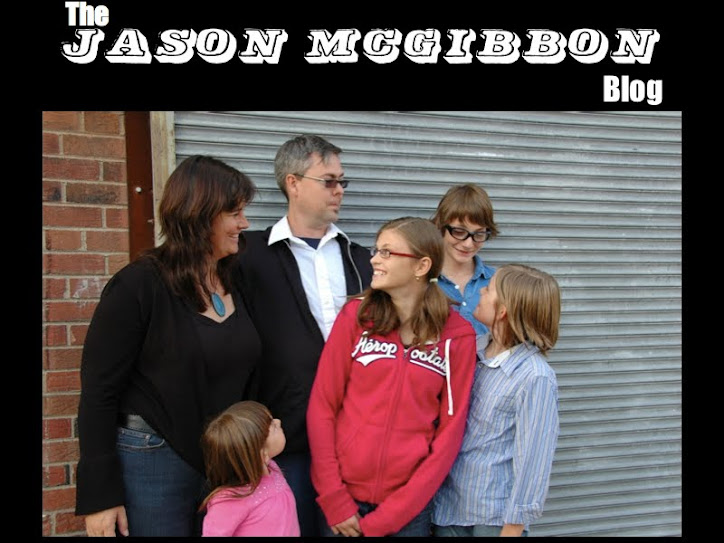There is a real challenge with pluralism, which basically says that "what is good for you is good for you and what is good for me is good for me" and that there is no one way that is right. But what happens when one philosophy directly contradicts another? Can they always both be right? A very similar thing comes into play when it comes to rights, what happens when one person's protected right is in conflict with another person's?
Recently, the following article appeared in the National Post with regards to a recent Bill, Bill 13, being discussed in the Ontario legislature. It highlights the practical challenge of trying to protect the rights of all citizens even when they come into conflict. The following article focuses on the challenge of bringing new Gay, Straight Alliances being mandated in all schools as a part of a new Anti-bullying Legislation into Catholic Schools.
National Post Article
There are greater implications, however, than just to Catholic schools as any group who even uses space within a public school must agree to the principles as laid out in Bill 13 (see Agreements with third parties re use of schools section 3.1). Many different people and many different groups, including faith groups, are all a part of the "public" who pay for these facilities through taxes. Certain groups, however, face the reality of being excluded for matters of faith etc.
This serves to highlight the problem when one person or groups beliefs, protected under the charter, are in direct opposition to those of another person or group whose views are also protected under the charter. No matter where you might find yourself in such a debate, I think that this clearly highlights the challenge of practically applying a framework that is based on an inherent paradox.
Subscribe to:
Post Comments (Atom)





No comments:
Post a Comment